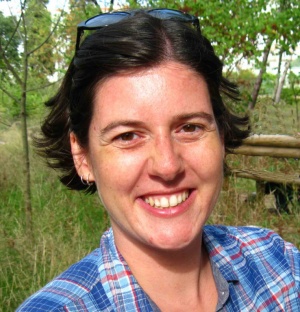Santos, A.M.C., Field, R. & Ricklefs, R.E. (2016) New Directions in island biogeography.
Global Ecology and Biogeography,
25(7), 751–768. DOI:10.1111/geb.12477 (IF2016 6,045; Q1 Ecology)
Results
Much ecological theory has been directly or indirectly influenced by research on island biotas. Currently, island biogeography is renascent, with research focusing on, among other things, patterns and processes underlying species interaction networks, species coexistence and the assembly of island communities through ecological and evolutionary time. Continuing island research should provide additional insight into biological invasions and other impacts of human activities, functional diversity and ecosystem functioning, extinction and diversification, species pools and more. Deeper understanding of the similarities and differences between island and mainland systems will aid transferability of island theory to continental regions.

